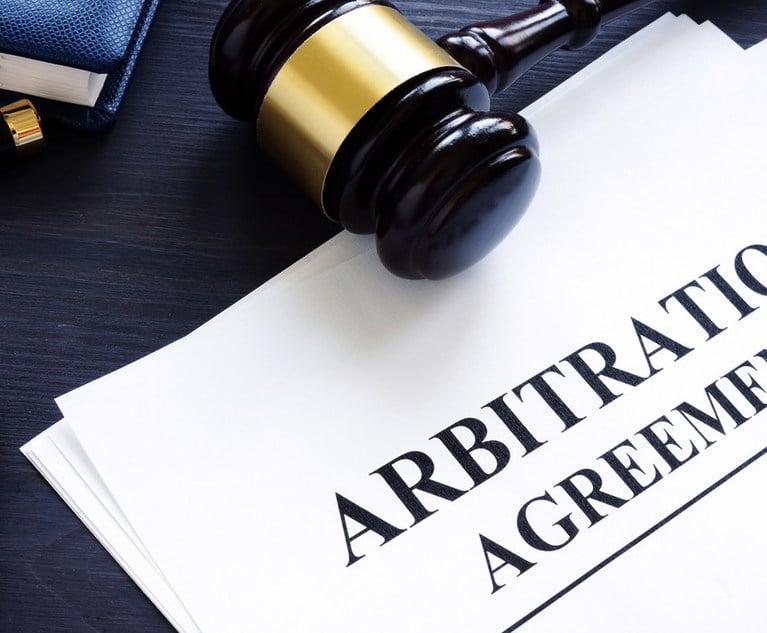 The events of the past couple years have forced us all to take a step back and rethink a broad array of matters that were previously on “auto pilot.” Arbitration agreements are no exception. Obviously, the traditional features of a solid arbitration agreement remain unchanged for the most part. That being said, a number of new considerations are now de rigueur as practitioners embark on a drafting exercise that aims to not only secure clarity on the historically important matters but also take into account new realities and social priorities. Below I will briefly reiterate the key items that we’ve generally wanted to include in an arbitration agreement and then reflect on some of the newer matters to be considered.
The events of the past couple years have forced us all to take a step back and rethink a broad array of matters that were previously on “auto pilot.” Arbitration agreements are no exception. Obviously, the traditional features of a solid arbitration agreement remain unchanged for the most part. That being said, a number of new considerations are now de rigueur as practitioners embark on a drafting exercise that aims to not only secure clarity on the historically important matters but also take into account new realities and social priorities. Below I will briefly reiterate the key items that we’ve generally wanted to include in an arbitration agreement and then reflect on some of the newer matters to be considered.
The main objectives in drafting an arbitration clause are to reduce (if not eliminate) the risk that a dispute will be referred to a court at any point other than once enforcement of an arbitration award is sought, and to ensure that nothing in the agreement could lead a court to reject enforcement once an award is rendered. An arbitration agreement should therefore be clear in reflecting the parties’ intent to resolve disputes in arbitration, specify its scope (i.e., the nature of disputes that must be resolved in arbitration) and include an agreement that judgment may be entered on the award. It should also indicate which procedural rules will govern the arbitration and ensure that the laws governing the arbitration agreement itself as well as the substance of the dispute are designated in the arbitration agreement if not otherwise included in the parties’ contractual arrangement. Additionally, it will name the body that will oversee the administration of the arbitration and the actual seat of the arbitration. Finally, it should include the number of arbitrators to be appointed and the method for selecting them. In international arbitrations, parties should also specify the language in which proceedings will be held. These are the core items to include in an arbitration agreement. There are obviously other matters, such as whether arbitrators can award punitive damages and attorney fees, the scope and limits of discovery, consolidation and joinder, and similar items that a practitioner may want to consider including to tailor the arbitration agreement to the specific matter at hand.






